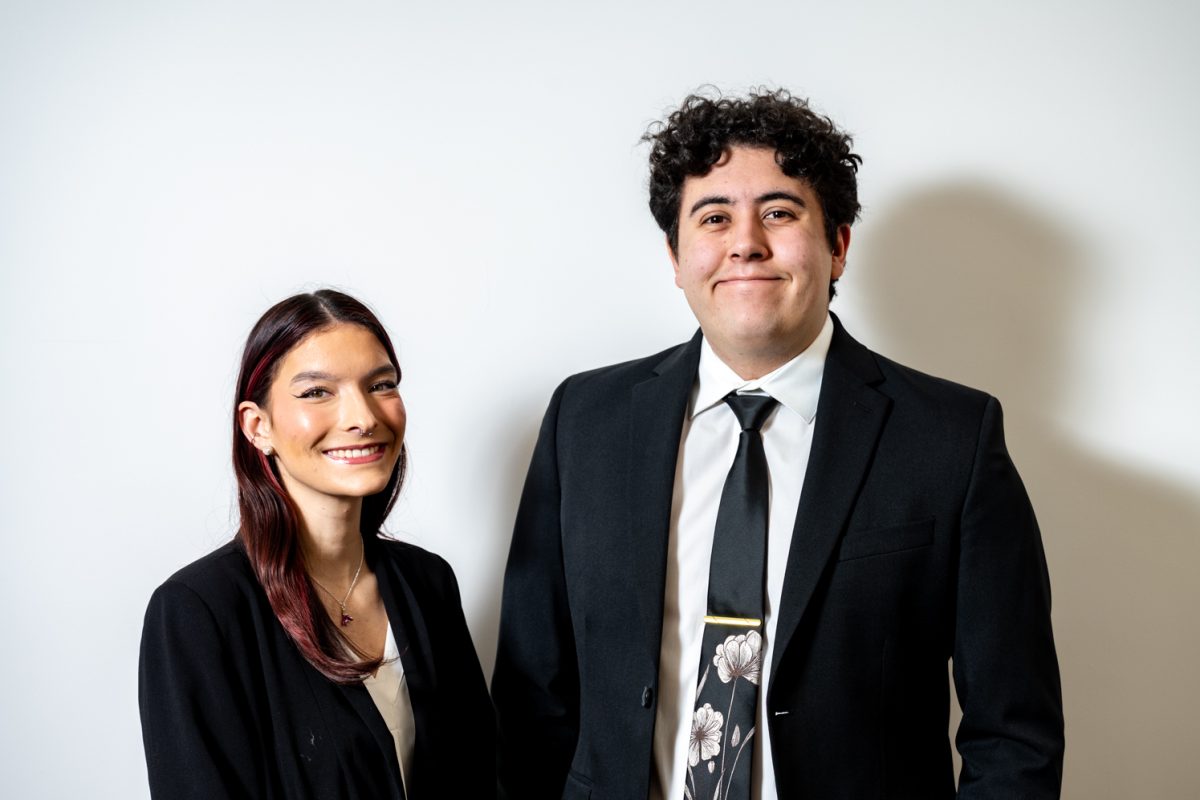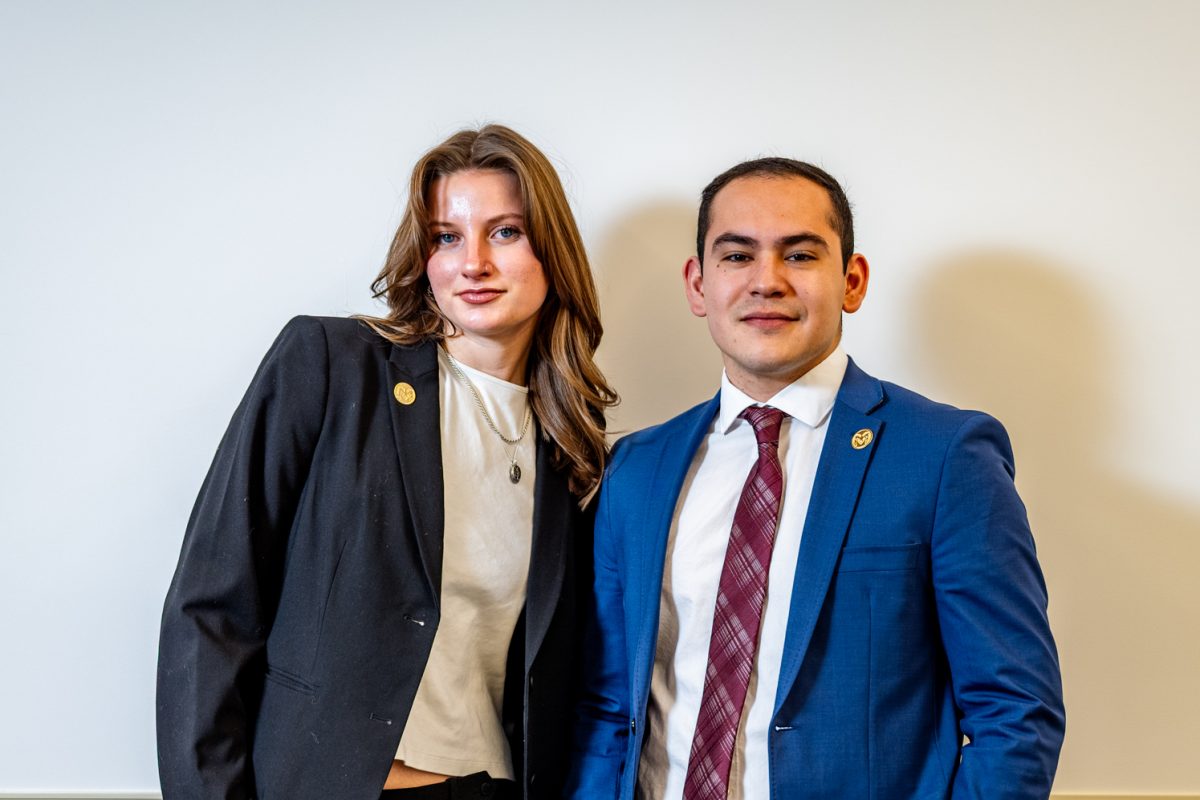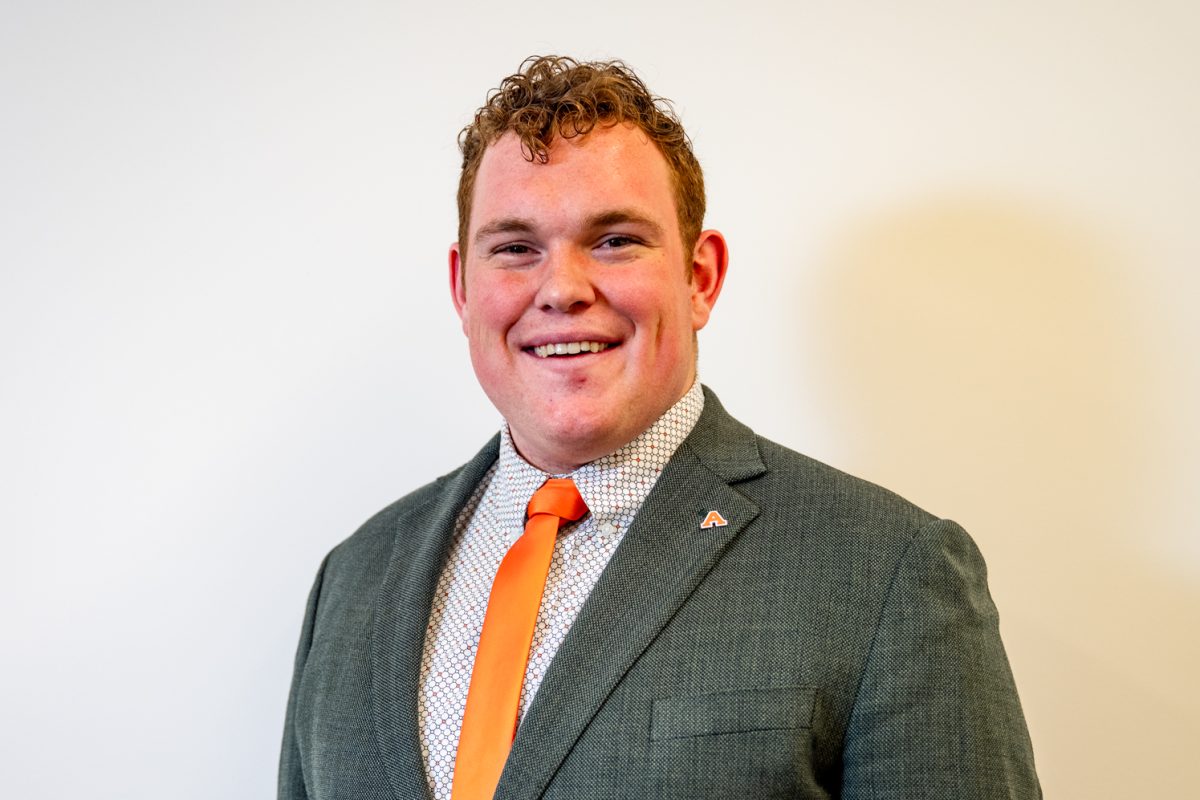Five members of the executive committee of the faculty council resigned in early April over issues with shared governance, and the faculty council is attempting to solve the issues by replacing the vacated positions and creating processes to increase the faculty voice in University decisions.
The executive committee of the faculty council sets the agenda and decides what issues to bring to the faculty council.
The committee of faculty governance oversees elections and nominations to the executive committee. According to COFG Chair Don Estep, they voted in two members and appointed a temporary member to the executive committee.
According to Chair of the faculty council Mary Stromberger, Eric Aoki is representing liberal arts, George Barisat is representing natural sciences and Russ Schumacher is representing engineering.
“Our main concern is to make sure all of the voting members are there,” Estep said.
Stromberger said the council is working towards solving issues with shared governance, including increasing faculty participation in University decision making.
“(We want to) get faculty involved in long-term budget planning,” Stromberger said.
Stromberger said they are working on a process to get faculty input in making quick decisions in the University. They are also working on processes to get faculty input on private partnerships, which can be difficult because often those partnership discussions are confidential.
The council plans to start the conversations over these issues this summer and have processes in place by the end of the next academic year, according to Stromberger.
One of the professors who resigned earlier this month, Mary Van Buren, said that the executive committee needs to bring more issues to the faculty council before decisions are made.
“The process in which issues are brought to the council (from the executive committee) needs to be more democratic,” Van Buren said. “Faculty must be apart of decisions before decisions are made.”
Administration influence over the council should be more limited, Van Buren said. The provost should be available to be consulted, but not a part of the council.
Van Buren said that all of her recommendations require changes to the faculty manual. Changes to the manual require approval by the Board of Governors, and the University president must agree to take the proposed changes to the board.
The president can refuse, or pocket veto, and Van Buren said he did that last year.
Estep said they moved quickly to get the empty positions filled so that all colleges were represented in the council.
New representatives will be elected for the the next academic year starting this spring and go into the fall, according to Estep.
Stephen Mumme, co-president of the Colorado Conference of the American Association of University Professors, said that faculty voice should be clearly heard regarding decisions made at the University.
“New appointees to executive committee should pay careful attention (to the issues raised) as they go forward,” Mumme said. “The University has now lost a considerable amount of useful experience and knowledge (from those that resigned).”
Mumme said that the council needs to recognize there are serious issues and need to address them.
“It’s very troubling when there’s resignations, it breaks down the model of shared governance,” Estep said.
Collegian City Beat Reporter Sady Swanson can be reached at news@collegian.com or on Twitter at @sadyswan.




